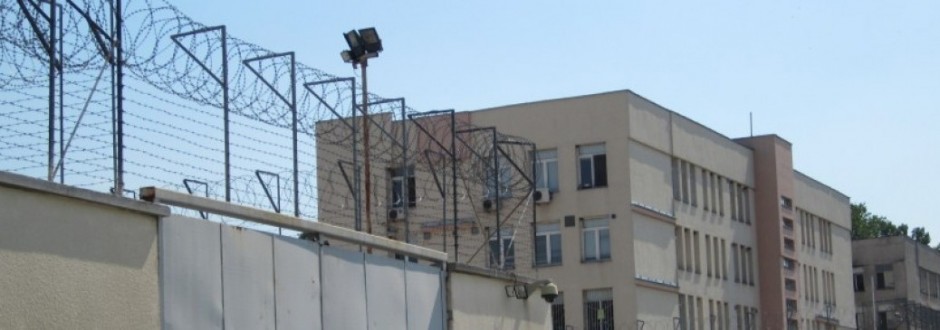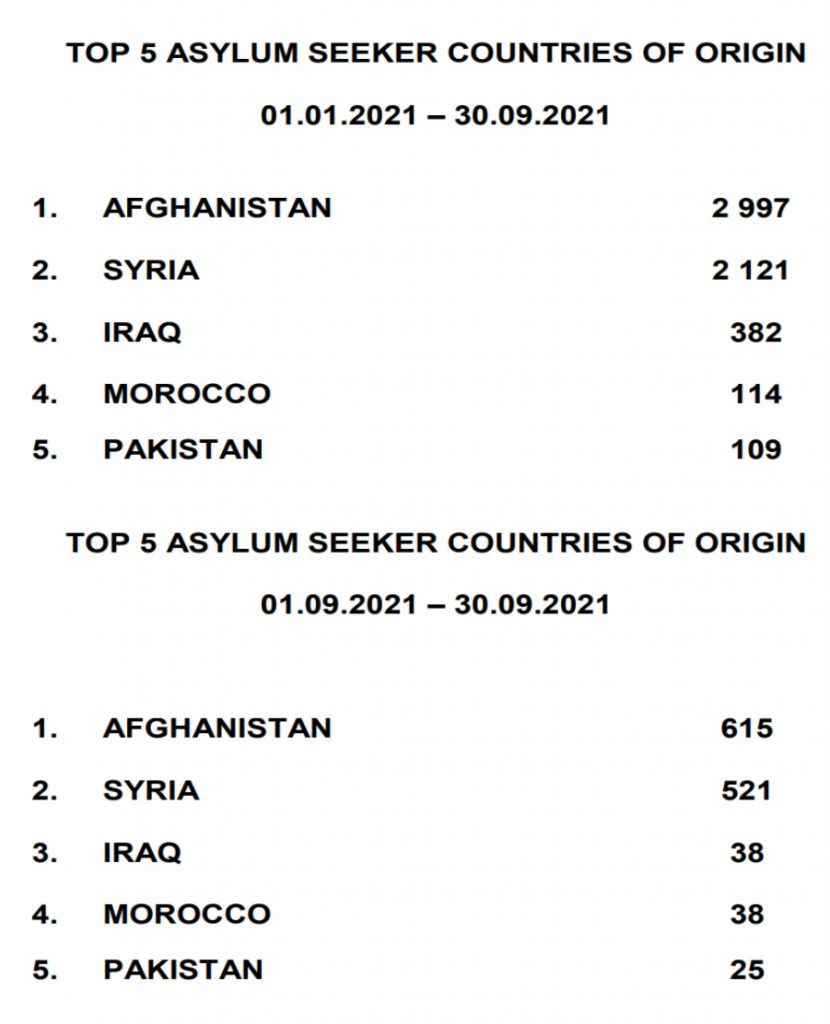On the 3rd of October 2022, a 19-year-old Syrian refugee was shot on the Turkish-Bulgarian border, after a group of refugees was push-backed from Bulgaria to Turkey. The injured young man was brought to a Turkish hospital afterwards, where he luckily survived the attack. The report and video of the shot was published today by an investigative team of journalists. Journalists and activists are usually not allowed to enter the border area. In the following month of the incident (on the 7th of November 2022) a policemen was shot dead on the same border. Already in 2015 an Afghan refugee was shot dead by a Bulgarian border police man.
This year the pressure on the Bulgarian-Turkish border is increasing again. According to the Bulgarian authorities, more than 150,000 attempts to enter Bulgaria from Turkey have been made so far this year. In the last months, several policemen and refugees were involved in a couple of deadly traffic accidents.
In the city of Sredets, the Bulgarian border police kept arrested refugees in a small shed on the premises of the police station for months and then brought them back to Turkey after a while without giving them the opportunity to apply for asylum beforehand. The investigating journalist Maria Cheresheva told in an interview:
„I heard a lot of testimonies from people who weren’t allowed to apply for asylum. They were pushed back before they could ask for asylum. […] The system works as follows: people caught at the border are immediately pushed back to Turkey, and those caught inland are taken to places like the one in Sredets described. They will be held there for a few hours until their pushback is organized.„
Push Back is the term for the practice of pushing back refugees without a residence permit at the national border and from behind the national border. The practice is illegal in the EU, but was taking place for months in Sredets. Bordermonitoring Bulgaria is very concerned about the deadly violence at the Bulgarian-Turkish border and the ongoing Push Backs, which have to be stopped immediately.


